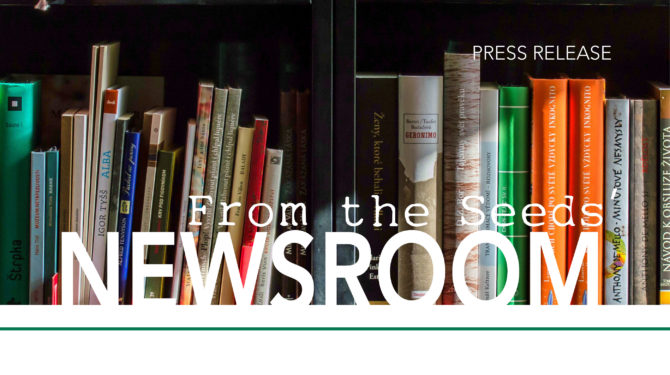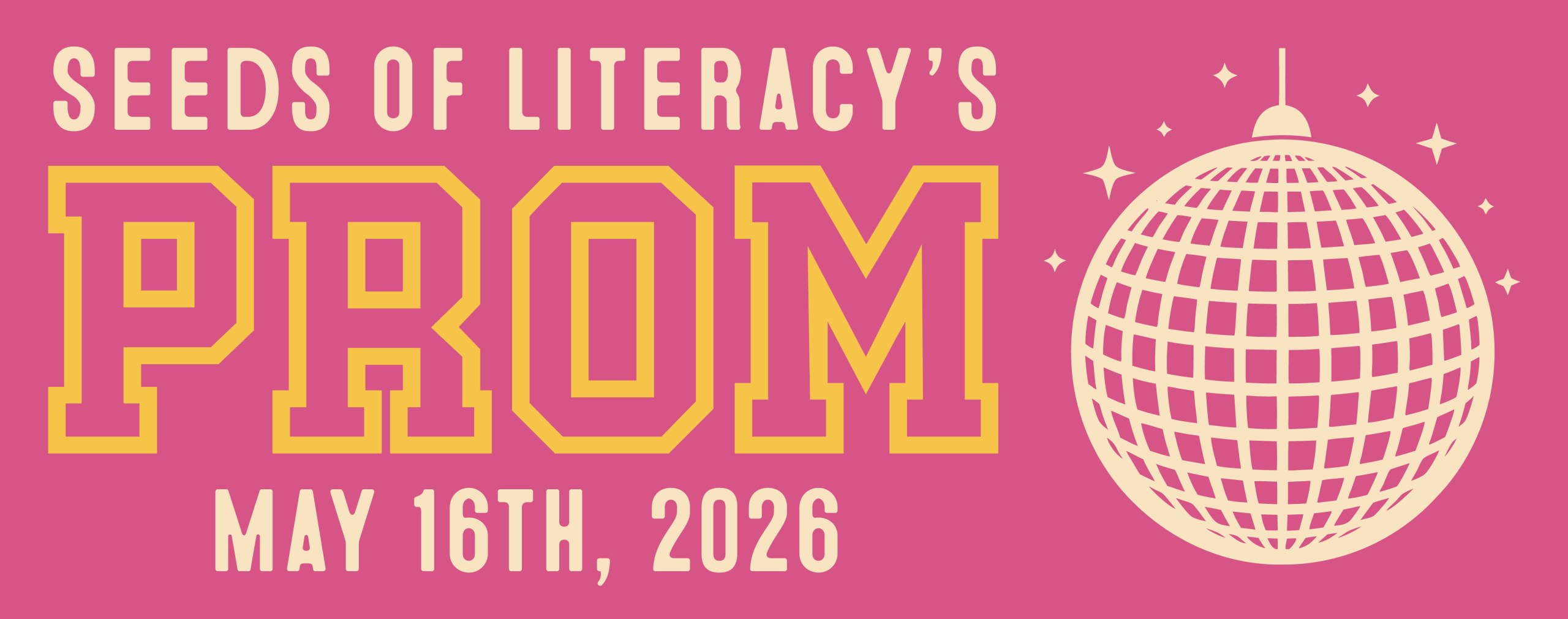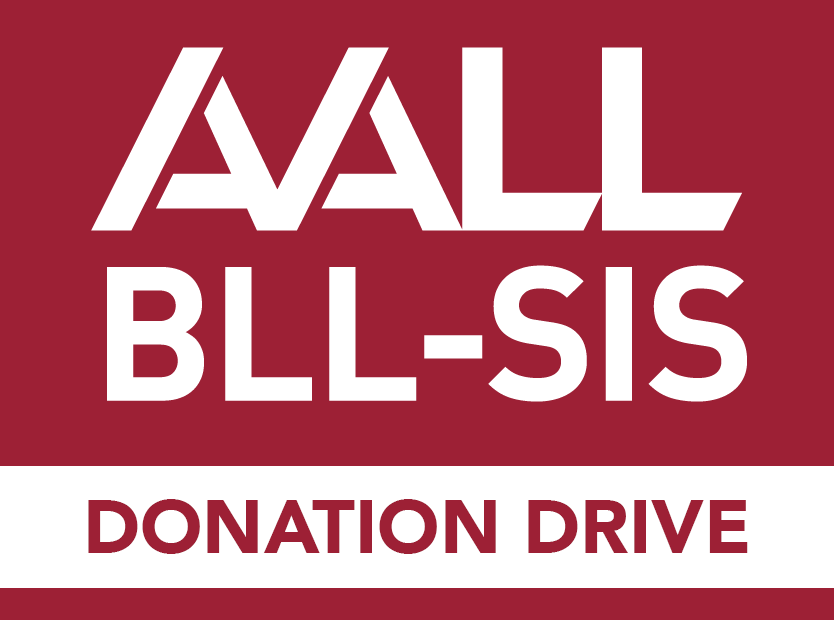Literacy Program Extends Beyond GED Prep to Beginning & Struggling Readers

Seeds of Literacy, the innovative one-to-one tutoring program for adult high school equivalency (HSE) preparation, now includes instruction for adults who are beginning readers and struggling readers.
“The Beginning & Struggling Reader Program creates educational access to even more members of the community,” explains Dr. Carmine Stewart, Program Director for Seeds. “These adults are arguably the ones that need help the most.”
The Reader Program benefits students in two ways:
- Potential students with lower reading levels will no longer be turned away
- Current students will receive targeted instruction on reading comprehension, foundational to all high school equivalency (HSE) testing
Prior to September 2018, Seeds was like most adult education programs: unable to accept students who scored below a 3rd/4th grade reading level after taking the Test of Adult Basic Education (TABE). Most materials for adult education and HSE preparation are written at a higher grade level, making the information inaccessible to lower-level readers.
“This minimum threshold is common practice in adult education. But Seeds prides itself on being different,” says Dr. Stewart. “We hated telling adults that we couldn’t help them, especially after they had the courage to come in and take the TABE. Now we don’t have to. Everyone is welcome.”
Dr. Stewart says that while standardized tests indicate where a student scores in relationship to other students, they don’t indicate the challenging areas for a student. “Our approach, however, is diagnostic and systematic. We figure out why a student is struggling and we target intervention to address the area of weakness,” she says.
The Reader Program began as a pilot last fall. Of the newly admitted students since September, 19% would have been turned away under the minimum threshold.
“Those adult students are now receiving targeted reading intervention,” Dr. Stewart explains. “Once they improve their foundational reading skills, they will transition to HSE prep.”
In fact, the new initiative also allows Seeds to assess and identify comprehension and fluency challenges that exist with current students. Reading comprehension is the foundation for every section of the HSE test, so spending time developing reading skills is a critical component to test preparation.
“We noticed that even some high-scoring students struggled to describe what they had read moments before,” Dr. Stewart says. “Since reading fluency is critical for comprehension, we took a step back and began evaluating them for potential fluency issues. “
According to Stewart, adults have many strategies to hide reading struggles that range from outright avoidance of reading to exaggeration of vision problems. “This works really well because people are more than happy to read something to you if they think you can’t see,” she comments. “Students have also become skilled at guessing, but it isn’t really a reliable tool for navigating the world.”
So far, more than five-dozen tutors and staff members participated in a two-hour long training to prepare for the Reading Program. They learned to identify everything from basic fluency and phonics to comprehension struggles. Most importantly, they learned techniques to provided targeted instruction based on individual student needs. This individualized learning is a hallmark of the Seeds one-to-one program model.
The Reader Program has been embraced by staff like Digital Literacy Coordinator Billy Hallal, who knew something was missing for some of his students, but wasn’t quite sure what. “They are clearly intelligent, putting the time in, working hard, but they were still struggling with classwork,” he says. “What’s not clicking?” Once trained for the Reader Program, the answer was obvious: he was able to identify fluency issues as the source of the struggle and provide them with solutions.
“It’s easy to fall into approaching adult ed like a flow chart. If you finish this packet, then move on to the next, and the next, and so on,” says Hallal. “But focusing on fluency puts the emphasis back on what’s most important: student understanding and mastery of the material.”
Student response to the program has also been overwhelmingly positive. Dr. Stewart explains that many adults grew up thinking they just weren’t as smart as the other kids.
“They’re relieved when we can explain why they are struggling, and then share our plan for how to improve their reading!” she says. “People have blamed them their whole lives. They’ve blamed themselves. But now they have someone who recognizes that they are struggling, WHY they are struggling, and has the know-how to help them improve.”
For Hallal, the Beginning & Struggling Reader Program just makes sense.
“If we as educators aren’t ensuring that they understand what they’ve read, we are failing them. Conversely, if we take the time to ensure full comprehension, we empower students to succeed.”
#
Seeds holds regular training sessions for volunteers interested in becoming adult education tutors. The training now includes in-depth instruction for the Beginning & Struggling Reader Program, as well as high school equivalency instruction and basic adult education. Sign up for a Tutor Training Session.
###
KLK


